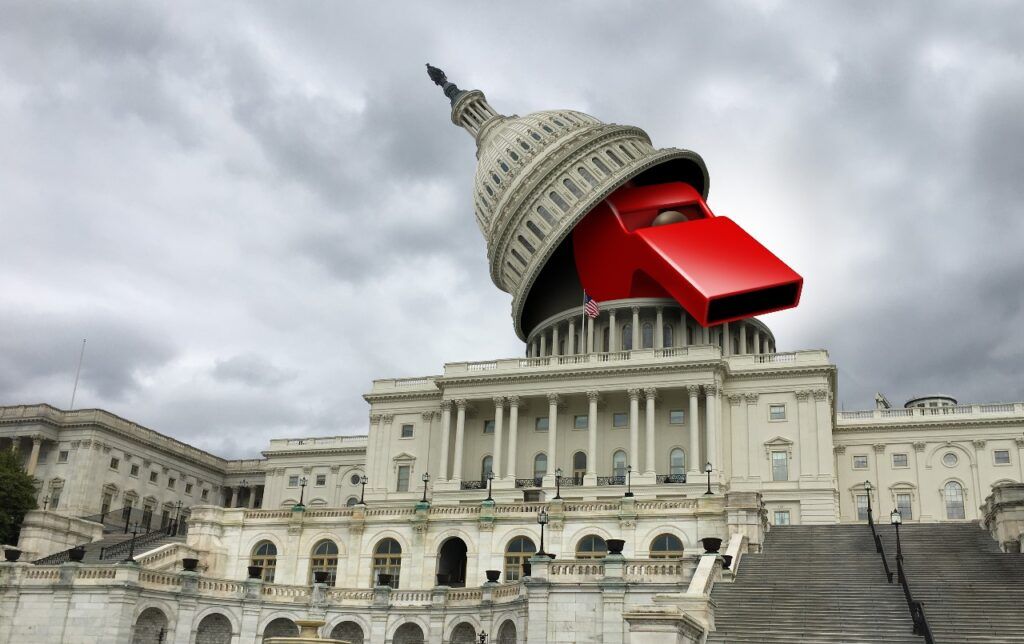Whistleblowers and medical fraud against the U.S. Government: Who’s affected?

Are you a medical professional who has witnessed fraudulent activities regarding medical devices as it relates to Medicare or Medicaid?
When government programs and systems are defrauded, it affects everyone. While some may first think of individual fraud when it comes to cheating the Medicare or Medicaid system, companies and institutions are guilty of such behavior also, and in many circumstances, these companies effectively steal millions of dollars from taxpayers.
In order to catch these bad actors, the federal government relies on whistleblowers. If you have witnessed fraud of the U.S. government, you have the right to bring a lawsuit on behalf of the government. Before making that step, it’s important to consult with an attorney to understand your rights and the laws that protect and reward you for your role in keeping corporations accountable.
Do You Qualify?
If you have witnessed fraud against the U.S. government, legal help is available and you may qualify for compensation.
Fill out the form on this page for a FREE case evaluation.
To Catch a Thief
There are many examples of corporations defrauding the U.S. government in the medical device or social program sectors. Take for example a company called CareFusion Corporation, which distributed unapproved medical devices, ending in a $3.3 million settlement. The corporation was required to acknowledge it had purchased and marketed devices that had not received FDA clearance. In that case, the whistleblower was awarded approximately $20,000.
In another example, a Pennsylvania hospice provider agreed to pay $6 million to the federal government, the result of whistleblowers’ complaints that their former employer had submitted fraudulent hospice care claims to Medicare. In that case, two whistleblowers split $1.1 million in recovery.
To catch fraudulent actors the U.S. government relies on whistleblowers to step forward. To incentivize whistleblower testimony, the government established The False Claims Act, which includes an incentive mechanism called “Qui tam.” In many cases, the whistleblower, or “relator” may be rewarded between 15 and 25 percent of the settlement.
The not-for-profit Taxpayers Against Fraud Education Fund states “the False Claims Act imposes liability on any person who submits a claim to the federal government that he or she knows (or should know) is false.”
How do Whistleblower Lawsuits Work?
With the exception of potential members of the armed services filing as part of their military service, anyone may bring a civil action if he or she witnesses fraud against the government. The False Claims Act allows whistleblowers’ identifications to be sealed, at least for an extended period of time. Anyone seeking to file a lawsuit under the False Claims Act should hire an attorney with expertise in this complicated area of the law. Generally speaking, fraud investigations are very time-intensive, so the alleged fraud should represent a substantial loss of money to the government.
In general, whistleblower and qui tam lawsuits are filed individually by each plaintiff and are not class actions. The False Claims Act allows the whistleblower to essentially file a lawsuit on behalf of the government. The lawsuit is usually filed under seal, at which time the U.S. Department of Justice begins an investigation to corroborate the whistleblower’s claims, meaning government resources are added to the case.
Join a Whistleblower Lawsuit Investigation
If you have witnessed fraud against the U.S. government, legal help is available and you may qualify for compensation.
Fill out the form on this page for a FREE case evaluation.
